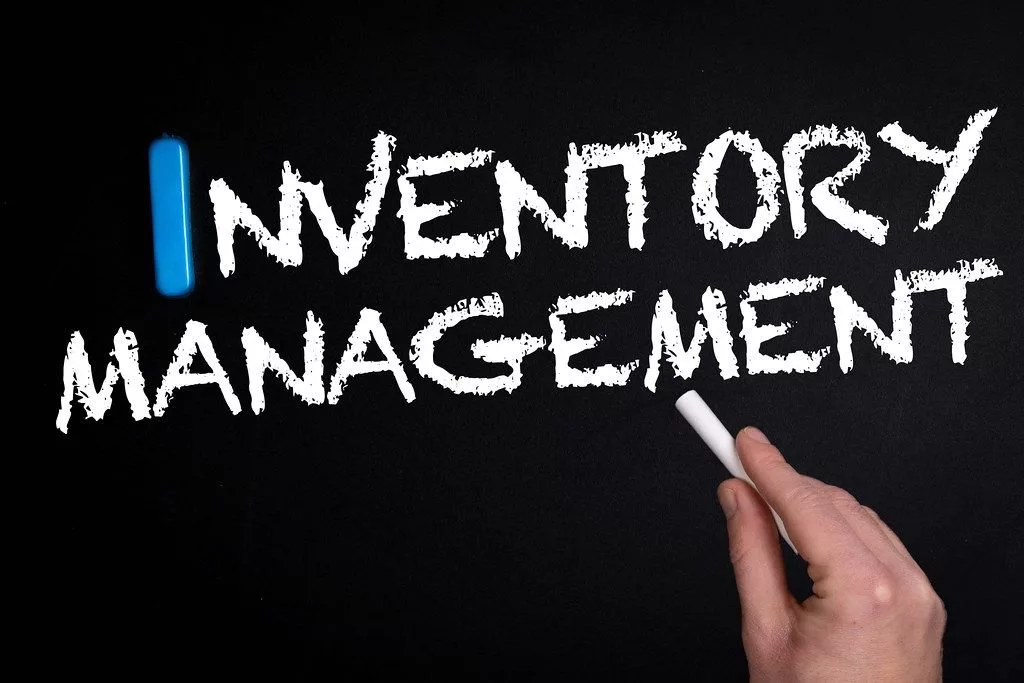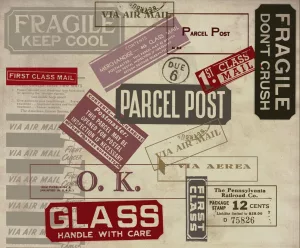Inventory Management in the Hospitality Industry.

The hospitality sector is easy to overlook in terms of inventory management. For hoteliers, their inventory consists of hotel rooms to be rented by the night; for restaurateurs, it consists of food and beverages that are prepared and purchased. So, inventory management can be challenging in the hospitality industry either because of the intangible nature of their product or the complexity of tracking and stocktaking. However, it cannot simply be passed over as this would cost a fortune every year in revenue.
Hotel Inventory Management
Inventory management for hospitality in the case of hotels involves creating and managing demand and maximising returns. Returns are gained from optimising the booking of rooms in the hotel.
Pricing.
By pushing prices up during the peak seasons and deciding how best to discount prices to ensure maximum occupancy during low seasons, hotels can maximise their returns. Using dynamic pricing, they can offer discounts and incentives in a controlled way during the various seasons.
Distribution.
Hotels generally advertise their rooms through a variety of media, such as online travel agencies, to extend reach and promote sales. Intelligent distribution management is essential, and this includes assessing the minimum number of room occupancies which need to be sold in any given period via each medium. In this way, it is possible to make informed choices regarding reallocation as a result of cancellations and where to advertise vacant rooms to maximise occupancy.
Market Segmentation.
Understanding the market is vital to knowing how to price and distribute room sales. Flexibility is important for hoteliers and being able to understand clientele and adapt to their needs is essential for building loyalty and guaranteeing profitability.
Restaurant Inventory Management.
Inventory management in a restaurant or bar is extremely difficult as stock might not be single items that can be easily counted. However, this is exactly why special attention must be paid to inventory when managing a bar or restaurant.
Snacking at Work.
For restaurateurs, food can be an area of almost uncontrolled inventory. Consider staff meals where fruit or other small food items are taken, without much thought, for consumption while working. Over time, this can easily equate to significant sums that are simply not accounted for. In fact, it must be accounted for in inventory or there will always be issues and shortfalls when it comes to stocktaking.
Stagnant Ordering Systems
An area which probably has room for continuous improvement is the ordering system comprising of inventory management software and ordering practices. Leaving orders to just roll over and stagnate over time without basing them on real data related to customer trends is a surefire way to generate wastage and lower profits on the bottom line. Traditional methods such as looking at the previous few weeks of sales and using that as a gauge for future orders is no longer a workable solution. Nowadays, as with any other industry, there are invaluable software solutions available for the management of inventory. Seek out these tools that can manage inventory effectively as this is one of the cornerstones of business success.








